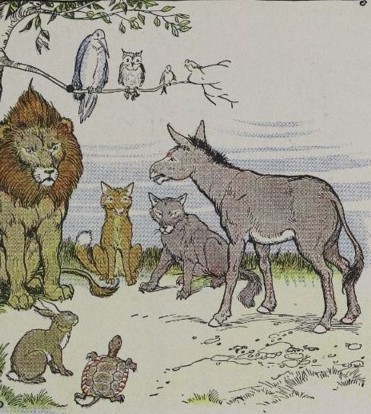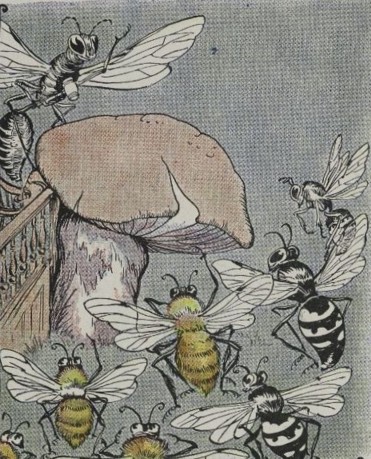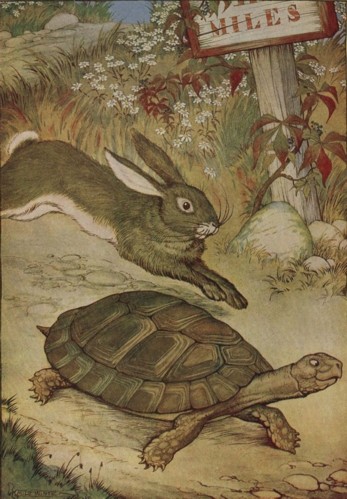| 1. stress ストレス、圧力 | |
| 2. include 含む | |
| 3. seafood シーフード |

Hey, Emma! We are going to the grocery store. By the way, what kind of cake do you like for tonight’s dessert?
|
|
I like chocolate cake.
|

Okay, we will also include meat in the list. What kind of meat do you want to have for dinner?
|
|
I like seafood.
|

I will also add drinks to the list. What drink do you like?
|
|
I like orange juice.
|

Okay, are you going to add more?
|
|
Could you please add apples, too?
Thank you. I want something sweet to reduce my stress.
|

Hey, Emma! We are going to the grocery store. By the way, what kind of cake do you like for tonight’s dessert?
|
|
__________ chocolate cake.
|

Okay, we will also include meat in the list. __________ do you want to have for dinner?
|
|
I like seafood.
|

I will also add drinks to the list. What drink do you like?
|
|
__________ orange juice.
|

Okay, are you going to add more?
|
|
Could you please add apples, too?
Thank you. I want something sweet to reduce my stress.
|
| 1. | A: What kind of food do you cook at home? B: _____________ seafood. |
| 2. | A: __________ food do you like? B: I like eating sushi and ramen. |
| 3. | A: What kind of food do you eat when you feel stress? B: ___________ junk food. |
| 4. | A: __________ drink do you like? B: I like drinking coffee. |
| 5. | A: What kind of food is easy to prepare? B: For me, easy recipes _________ pasta. |
| 6. | A: ________________? B: My brother likes strawberry cake. |
| Grammar 文法 |
Pronunciation 発音 | Vocabulary 単語 |
Comprehension 理解 |
|
|---|---|---|---|---|
 GOOD GOOD |
文法の誤りはほとんどなく、完全な文章で話すことができる | ほとんどの単語をはっきりと正しく発音することができる | 習った表現を適切に使うことができる | 文章を理解し、質問に正しく答えることができる |
 FAIR |
文法の誤りはあるが、完全な文章で話すことができる | 発音の練習が必要な言葉がいくつかある | たまにミスはあるが、習った表現を適切に使うことができる | 文章を完全に理解するのは難しく、質問に正しく答えられないときもある |
 POOR |
文章で話すのは難しく、単語だけで話すことができる | 発音の練習が必要である | 習った単語と表現を少しだけ使うことができる | 文章を理解するのは難しく、質問に答えるのは難しい |







